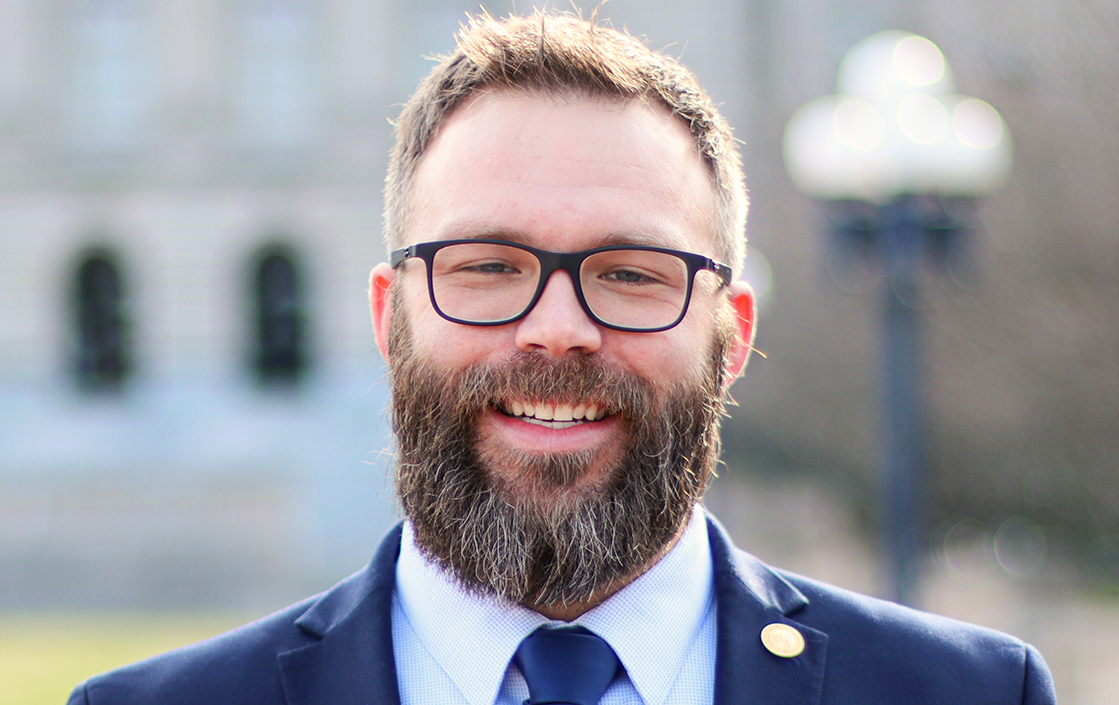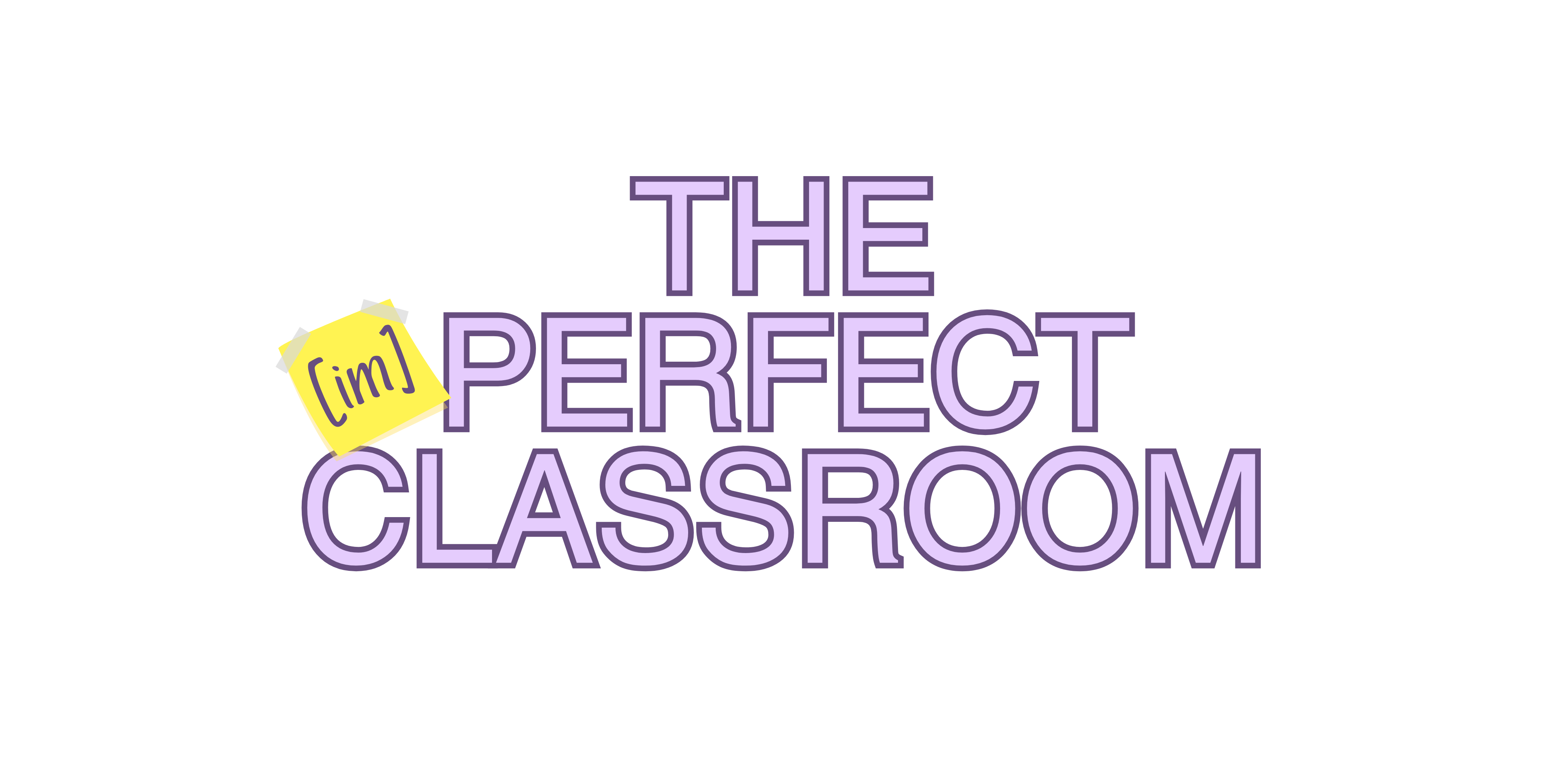I’ve been spending a lot of time in the 300s section of my school library. As part of my practicum experience for my Rank I in library science, my supervising librarians gave me an assignment to update some of the career titles in our library.
As I went through the many outdated career books from the 1990s this past week, I realized how many careers have come into existence since I was in high school. I also realized what a strange predicament today’s educators are in. We are preparing our students for 21st-century careers, but many of these careers don’t even exist yet. How do we make sure we are providing our students with the skill sets they will need, when their future career opportunities are unknown? And how do we navigate our instruction at a time when test scores are being used as the primary gauge for effective learning and instruction? It is an overwhelming situation. Teachers want our students to be college- and career-ready, but we are forced to assess students in ways that do not align with 21st-century skill sets.
Kentucky’s adoption and implementation of the Common Core Standards is certainly the first step in preparing our students for the 21st century. The Common Core Standards emphasize critical thinking, collaboration, information literacy and a host of other important, transferable skill sets that will empower Kentucky students to be successful in both college and today’s global workforce. The Common Core Standards also empower teachers to be innovative in their instruction, as we are now tackling skill sets, rather than specified bits of content information. Teachers can therefore offer students choice in assessment and have more opportunities than ever to incorporate technology and authentic learning opportunities into the curriculum. I now can assess my students’ persuasive writing skills through digital stories and their reading comprehension through blogging. My instruction is more engaging, my students are more invested, and their mastery of skill sets is increasing.
But then, at the end of each school year, we put the brakes on the authentic learning we’ve been exercising, and we hand our students test booklets and bubble sheets. We’ve spent all year long teaching our students how to be problem-solvers, creators and communicators — and then we tell them to stop. Our instruction has evolved to meet the demands of the 21st century, but our mandated assessments have not.
The first lesson teachers learn in our education classes is to begin with the assessment. Decide WHAT you want your students to know and be able to do, and then design your instruction from there. I don’t think our nation is following education “best practice.” We know WHAT skills our students must master for the future, but our standardized tests are not matching those skill sets. And what’s more, the results of those standardized tests are affecting education more than ever. As more and more states begin to tie those test scores to funding, teacher job security and student advancement, we move further and further away from the philosophy behind the Common Core Standards.
So as I update my library’s career resources, I cannot help but believe our nation must also do some updating. My biggest fear is to have my students walk into their first college class, only to discover all they really learned in high school is how to take a test. If that happens, then we’ve all failed. The Common Core Standards have us poised and ready to prepare our students for the future. Now we must continue on this course and ensure that the politics of education don’t overshadow the needs of our students.
Kimberly Shearer, an English teacher at Boone County High School, was named the 2012 Teacher of the Year on Oct. 18, 2011. During her year-long reign, Shearer is writing a monthly column for Kentucky Teacher that chronicles her experiences as a classroom teacher and as Kentucky Teacher of the Year. The column runs the second Thursday of each month.




Leave A Comment